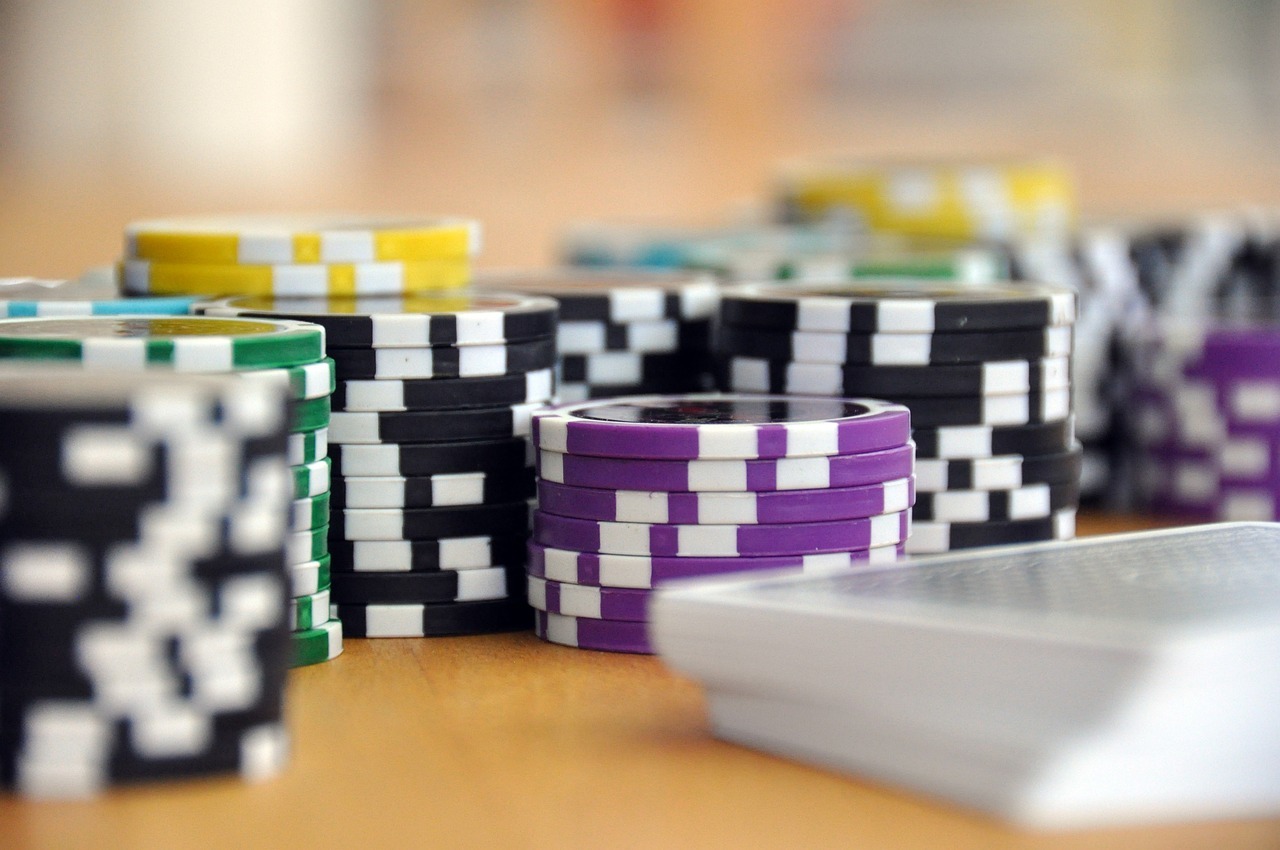Poker has been around since the 1800s, known for its deceptively simple yet enjoyable mechanics. To this day, the card game is played worldwide and in many different variants, with Texas Hold’em being the most popular. But popularity aside, no one can deny that there’s a learning curve to playing poker. It takes careful strategizing and a lot of experience to be a good player. So, for the beginner poker players, here are five tips to help you get better at the game:
1. Know the rules
As simple as this advice seems, knowing the rules of the game by heart is one of the first things you have to do if you want to get better. Understanding the gameplay and mechanics allows you to become more strategic and a better player overall. Your level of experience will become painfully obvious if you didn’t know when you’re supposed to bet, for instance, and opponents will easily take advantage of that by pushing you out or easily reading your hand.
2. Memorize the jargon
As with any game, knowing the jargon is a telltale sign of skill level and experience. There’s a whole slew of poker terms that you’ll often hear during a game. Be sure to know the basics, like “all-in,” which signals that you’re betting all your current chips for that round. You’ll also need to know terms like “bad beat,” which is when a hand that is mathematically poised to win ends up losing. Apart from it speeding up your thought process, learning the jargon also makes it easier for you to converse with fellow poker players and for you to be more confident as one yourself.
3. Balance aggression and patience
In poker, playing aggressively pays off. If you have a fairly solid hand, don’t be afraid to play it out. Playing too cautiously will more likely rob you of wins than save you from losses. But, that said, it’s important to time your aggression because playing too recklessly is a great way to throw away your chips. Poker is a delicate balance between pushing your hand and conceding, and experience will help you find the sweet spot.
4. Observe your opponents
Poker isn’t just about reading the cards — it’s also about accurately sizing up your opponents. Don’t forget to study your fellow players, because how they act and react can give you an idea of what their hand is. Watch out for classic tells, like an obvious tension, as well as more subtle ones, like moving chips around. And before the game even starts, get an idea of how they act when they’re relaxed, then compare that to how they behave in-game. Finally, don’t focus solely on their expressions. Poker players generally do a good job of controlling their face, so look lower to their hand movements.
5. Practice, practice, practice
The last piece of advice is to get experience. Sticking to theory and textbook sources won’t do you a lot of good in poker. You need to build your own style and strategy, and that’s done by entering the fray. You’re probably going to lose a couple (or a lot) of times, but it’s all part of the learning experience. Besides, there’s also plenty of wisdom to be gained from playing poker — from having the courage to take risks to working with the hand you’re dealt. So keep playing free rooms and move on to real games, online or in person, when you’re ready to test your skills.
If you’re just starting as a poker player, you’ve still got a long way to go. But these tips should help jumpstart your training as a poker player.
Looking for more gaming tips and tricks? You can check out our other blog posts here.

